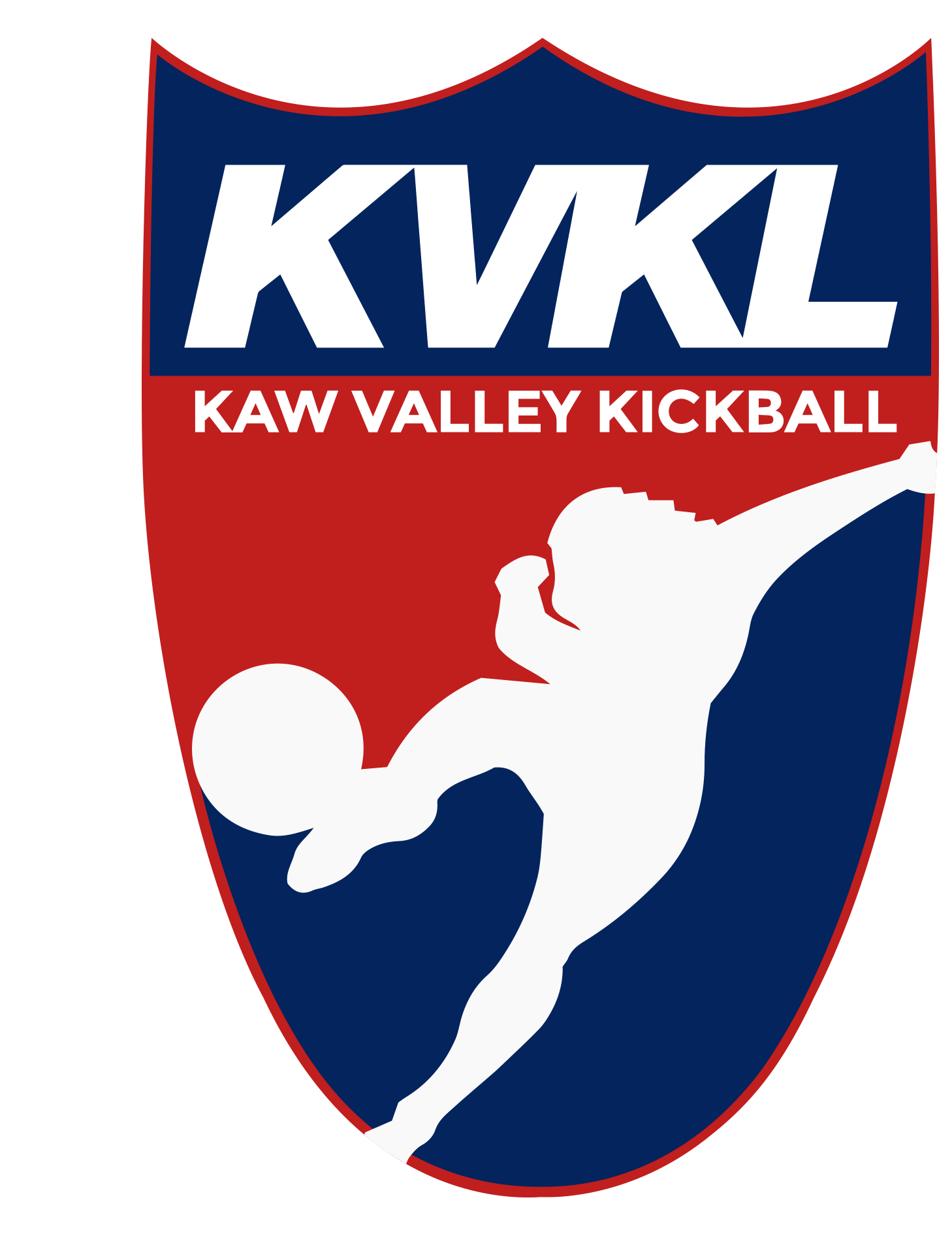An argument for tier-based scheduling
“You want to break apart the league!”
“That will destroy the ‘spirit of the league!’”
“What about (team x)? They improved a lot since last season.”
These statements and more like them often confront me when I raise the often-touchy subject of competition levels in the league, and that, perhaps it’s time to try something different. When I’ve raised this topic at random kvkl events, the Jazzhaus during the podcast, or perhaps I’ve even cornered you at a less-than-enthralling gotw? People who are receptive usually begin talking about the need to split the league into a “competitive side” and a “for fun side”, or they suggest Champions League style relegation tiers consisting of 12-18 teams. (Please look it up if you have no idea what that means) However, I’m not suggesting anything so extreme. I merely want the league to give a different method of scheduling the season a try. I propose the board replace the current method with a tier-based 10 game schedule based upon the results of the previous season. This would have the teams in the 5/6, 3/4, and 1/2 seeds be scheduled to play each other for the entire season. Instead of the first five weeks of the season being bogged down with the majority of games being no-fun blowouts, each and every week would be filled with competitive (aka: fun) contests.
Before I go any further with this post, I want to make it clear that I appreciate the work of everyone who puts time and effort into making the schedule every season. The suggestions I put forth, and the observations I will make are in no way a criticism of them. I’m going to lay out some evidence and see if I can convince anyone who cares to see if we can attempt an alternate scheduling format that benefits the league and increases every team’s chance at having an even better kvkl experience for the entire season.
No matter which side of the league your team happens to be on: the ultra- competitive/talented/athletic to the we’re just happy to be here/see how many beers we can drink/might win one game the whole season, I have little doubt that nearly half of your team’s games suck. I’ve been on teams with both points of view, and I’ve been on both sides of a 35-2 ass beating. While I’m always happy to be playing on a Sunday, my enjoyment sours pretty quickly if I’m part of one of those games. You may be reading this and think to yourself, “how often does that actually happen?” Well, I looked at every week of the past two seasons and I did the math. For the following information I classified a “blowout” as any game with a point differential of 9+ runs. I reasoned that if a team won by an average of 1 run an inning then that was a blowout. A “close game” is any game with a point differential of 4 or less.
During the first five weeks of the 2019 season 51/90 games was a blowout, or 56% of the games played. 21% of games were considered close. That’s 19 whole games played. During weeks 6-10 when ranked play begins the numbers are nearly reversed. 40 of the games played were considered close with 30 of the games considered blowouts. I was a bit surprised at the number of blowouts in ranked play during 2019, but most of them were Muddy and Tree Care still blowing people out, or randomly the Misfit Toys team running roughshod over the rest of the 5 seeds. This season, the numbers make for a more compelling case for a different method of scheduling.
During the first five weeks of 2021: 55/90 games were blowouts and only 10/90 games saw the teams within 4pts of each other. 10 games! However, week 6 gave us 12(!) close games, with multiple games going to extra innings. There were only 2 games considered blowouts: Hookah House over Empire by 9 and Honey Badgers over D-Holes by 10. Why can’t the entire season be scheduled like rank play?
How many times (with the current method of scheduling) during the first five weeks of the season have you listened to the podcast hosts make their picks for the week, or talk about the previous week’s games, and the outcome of nearly every game is treated like a foregone conclusion? Or perhaps you’ve visited the website to check out the week’s schedule, and maybe one or two of the games look like they might be competitive? Maybe you’re on a team that receives no joy beating other times 42-3 or being beaten 42-3? I’m willing to bet it was frequently. As a huge fan of playing in and speculating about the kvkl I sincerely hope we can try something new next season to improve the level of enjoyable competition for an entire season and not just the second half. For those of you who wonder about what this different form of scheduling would mean for the post-season, I will offer my thoughts and suggestions in my next post. In the meantime, I’m interested to see any other suggestions my fellow kickballers have after reading this.
